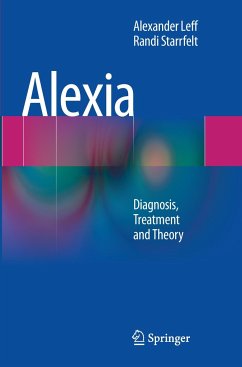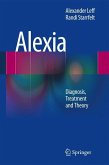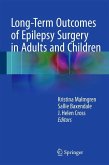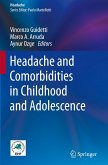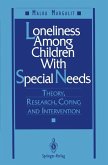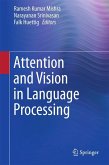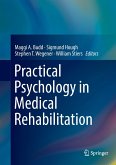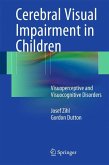This book is a comprehensive review of the main acquired disorders of reading: hemianopic, pure and central alexia. The authors review the diagnostic criteria for each of the different types of disorder, and the efficacy of the therapeutic studies that have attempted to remediate them. The different theoretical models of adult reading, which largely rest on how the reading system responds to injury, are also discussed and evaluated. Focal brain injury caused by stroke and brain tumors are discussed in depth as are the effects of dementia on reading.
This book starts with a chapter on normal reading, followed by chapters on hemianopic alexia, pure alexia and central alexia, each structured in the same way, with: a description of the condition; a historical review of cases to date; psychophysics; consideration of the causative lesions; evidence from functional imaging studies on patients and, most importantly, a review of the evidence base for treating each condition. Finally, there is a chapter on how patient data has informed how we think about reading.
Alexia: Diagnosis, Treatment and Theory is aimed at neuropsychologists (both experimental and clinical), neurologists, speech therapists and others who deal with patients whose reading has been affected by an acquired brain injury, as well as interested students studying language disorders.
This book starts with a chapter on normal reading, followed by chapters on hemianopic alexia, pure alexia and central alexia, each structured in the same way, with: a description of the condition; a historical review of cases to date; psychophysics; consideration of the causative lesions; evidence from functional imaging studies on patients and, most importantly, a review of the evidence base for treating each condition. Finally, there is a chapter on how patient data has informed how we think about reading.
Alexia: Diagnosis, Treatment and Theory is aimed at neuropsychologists (both experimental and clinical), neurologists, speech therapists and others who deal with patients whose reading has been affected by an acquired brain injury, as well as interested students studying language disorders.
From the reviews:
"The book covers various types of reading disorders, treatment recommendations, theoretical paradigms for models of adult reading, and possible causative lesions underlying these disorders. ... There are numerous figures that help clarify the text. With its discussion of both theory and treatment, this is a useful book. It is a great resource for neuropsychologists, neurologists, reading specialists, and speech therapists." (Gary B. Kaniuk, Doody's Book Reviews, February, 2014)
"The book covers various types of reading disorders, treatment recommendations, theoretical paradigms for models of adult reading, and possible causative lesions underlying these disorders. ... There are numerous figures that help clarify the text. With its discussion of both theory and treatment, this is a useful book. It is a great resource for neuropsychologists, neurologists, reading specialists, and speech therapists." (Gary B. Kaniuk, Doody's Book Reviews, February, 2014)

